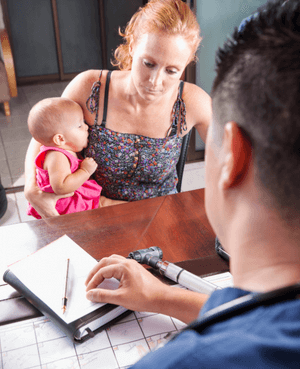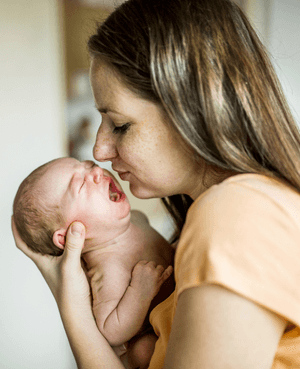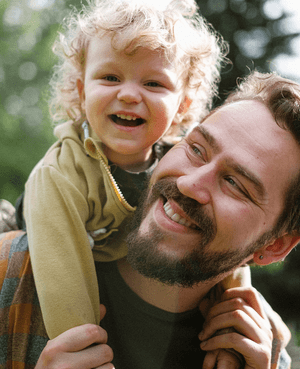Welcome to
the blog!
In order to prevent the spread of misinformation, I invited Paige Bellenbaum of the Motherhood Center to join me today to help clarify the difference between postpartum depression and postpartum psychosis, and offer psychologically-informed information to help people more fully understand maternal mental health.
read the full post ⟶

featured post

Family planning isn’t easy for all parents. And having an uncomplicated or full-term pregnancy once does not guarantee the same results the next time around.
Parenting while coping with any form of reproductive loss, be that unsuccessful IVF attempts, miscarriages, stillbirths, and beyond can be a grueling reality for many families.
Here to discuss how to navigate fertility struggles in parenthood is clinical psychologist Dr. Shara Brofman.
keep reading ⟶

While it’s wonderful that there is much more talk about postpartum depression, postpartum anxiety, and other perineal mood and anxiety disorders (PMADs) than ever before, the flip side of that coin is that sometimes when new parents experience a PMAD after the birth of their child they feel ashamed for not seeing it coming.
Whether or not you have a PMAD, bringing home a new baby is a challenge. You’re exhausted, emotional, and often overwhelmed. This episode will teach you mindfulness strategies you can use to help you stay grounded and present during the postpartum period and throughout your child’s entire lifespan.
keep reading ⟶

Whether you’ve never heard about attachment theory before or you’re deep in the trenches of unpacking your own attachment style and working to re-parenting yourself, this conversation where we dispel some of the most common fears and anxieties about attachment theory that have parents striving for perfection (and beating themselves up when they inevitably can’t hit that), discuss the difference between separation anxiety and insecure attachment, and translate the current studies to be simple, relatable and applicable to your everyday life will have you feeling confident and empowered in your parenting! Here to answer these questions and discuss the finding of his research on attachment theory is Dr. Or Dagan.